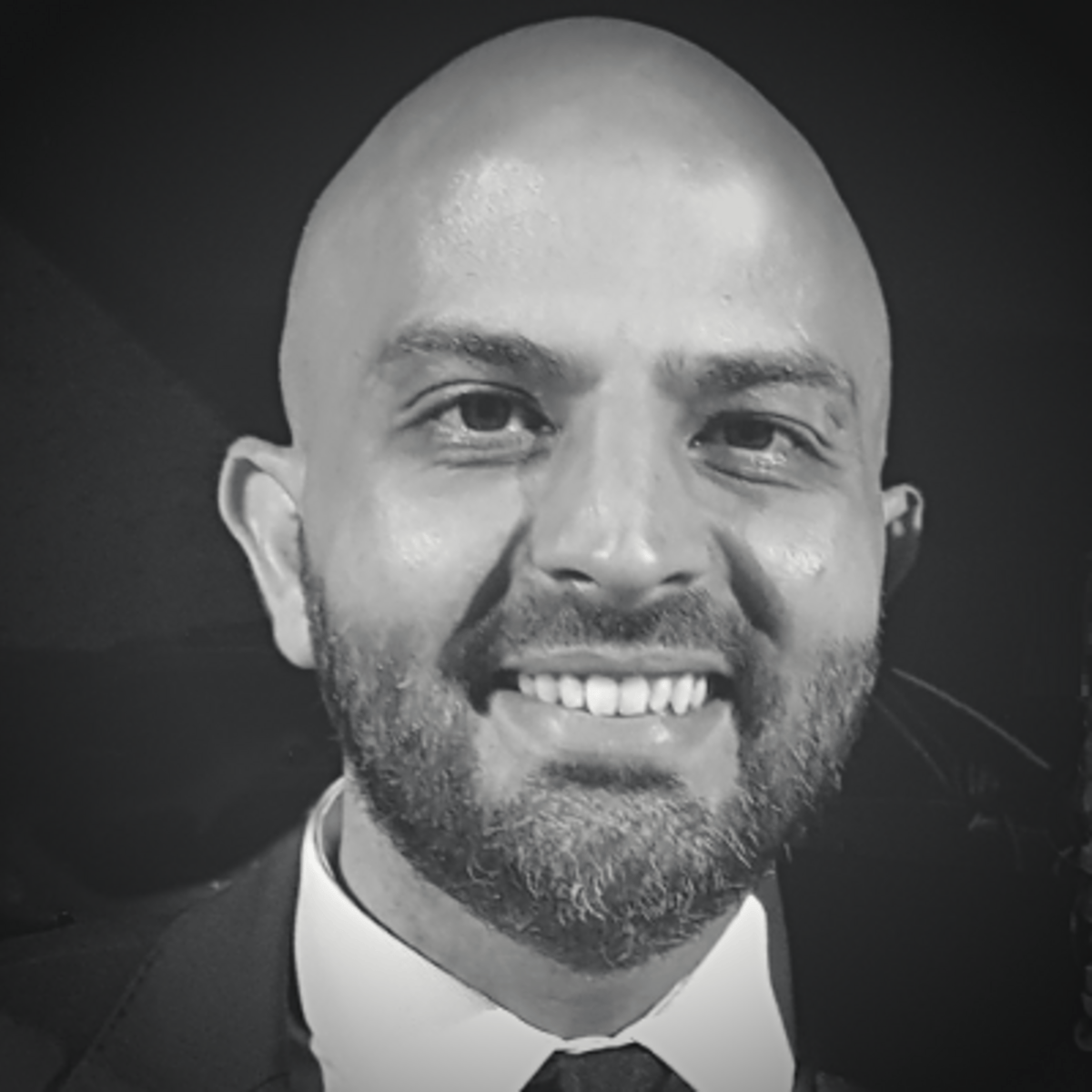Read on my website
Read time: 5 min.
The first time I was doing a literature review was painful.
I didn’t know how to do one.
There is so much literature to go through. But also, a lot of noise to avoid.
When you do a literature review, you need:
some good planning
critical thinking
to be able to cover a huge amount of information to identify the most relevant gaps
You can use 3 key techniques to go through this process:
Scoping
Mapping
Focusing
1. Scoping the literature
This is like exploring.
First, you need to decide where to search for your literature.
This is your search strategy.
Start with the types of sources:
Peer-reviewed publications (articles, reviews…), books, book chapters are the natural way to go.
But there might be other relevant sources. Such as reports, newspapers, policy documents, blogs, interviews etc…
Then, start defining your search query.
Gather the terms and keywords you find relevant. You may include their variants to be as comprehensive as possible.
At first, you don’t want to be too exclusive.
This is an iterative process.
Then you will probably find hundreds, thousands if not millions of results.
When I use Web of Science to search for peer-reviewed literature, I know I won’t be able to read everything.
My goal is to identify quickly the most relevant literature that needs more attention.
Depending on my topic, I would filter on the most relevant fields, topics, and recent years.
Using citation counts also gives me a good indication of the influence of each publication.
Then I use my referencing software (EndNote) to save and manage the literature.
I have one group (or folder) for each study. And within EndNote, I have tags to label each publication.
2. Mapping the literature
You have now a collection of publications you can work with.
Next, you want to get a better understanding of that collection.
It’s like stepping back to see the bigger picture of your research topic.
Think of this as you go high in the sky to see the landscape of your field.
Here’s how to do this:
a- Identify Key Themes and Trends:
Look for patterns in the literature you’ve gathered.
By going through the papers, you will find recurring themes. What are they?
Are there common debates or unresolved questions? (discussions sections are gold mines for this question)
b- Create a Visual Map:
Some softwares can help you represent the literature on maps.
This can be helpful to see how different research papers are connected.
For more details, I wrote a guide about mapping the literature with VOSviewer.
c- Organize by Relevance:
As you map out the literature, prioritize the most relevant works to your research questions.
Group similar studies together and note how they relate to each other and your research.
Once you have done this, you will have now the bigger picture of your research topic. And you will be aware of the major conversations happening in your field.
And last, you will be able to visualize where your research project fits in the existing literature.
3. Focusing
This is where you focus on the most relevant literature.
This is also where you identify the specific gaps your research will address.
One of way doing this is the following:
a- Be critical:
When you read the papers, evaluate their strengths and weaknesses.
What are the limitations of the studies?
What questions have not been answered?
b- Identify the Gaps:
Look for areas where the literature is lacking. Or where there are inconsistencies. These gaps are where your research will/can make its contribution.
c- Refine Your Research Focus:
Based on the gaps you’ve identified, refine your research questions and objectives. This will guide the rest of your thesis/study and ensure that your work is original and impactful.
This step is important because you will be able to identify the most relevant studies directly related to your project.
Last but not least, this prepares you to collect the right data and develop your theoretical framework.
That's all for this week.
If you think I've missed anything or have additional suggestions, please let us know in the comments.
As always, if you need clarification or assistance with your research projects, feel free to reach out to me, and I will respond.
See you next Sunday!
Jamal
My favorite things this week
1. Discussion with a Swedish university about research strategy and benchmarking.
2. A webinar for a government entity about the impact of AI on scientific research.
P.S.: If you enjoyed this newsletter, forward it to a friend! And if you aren't subscribed, subscribe here.
